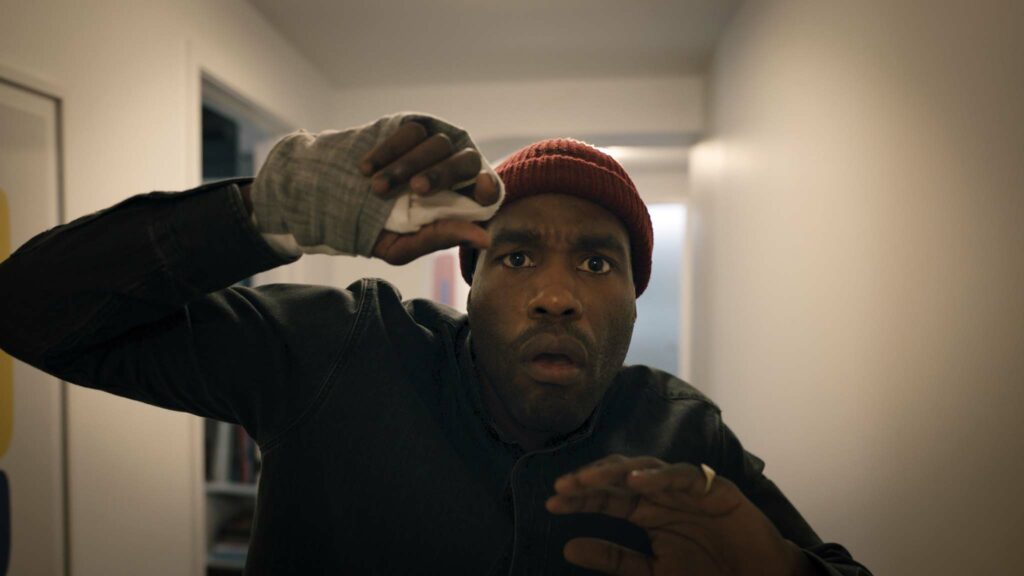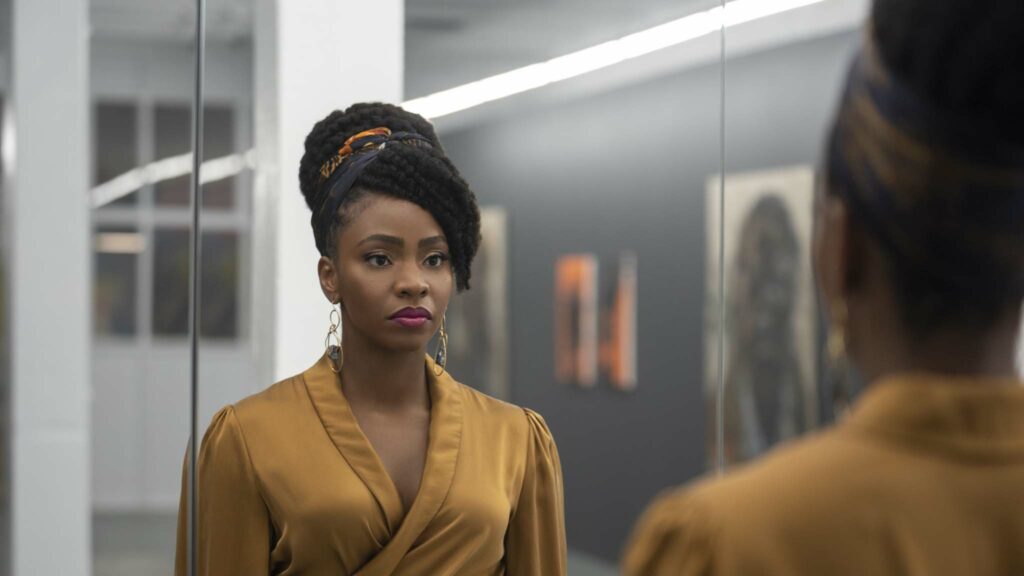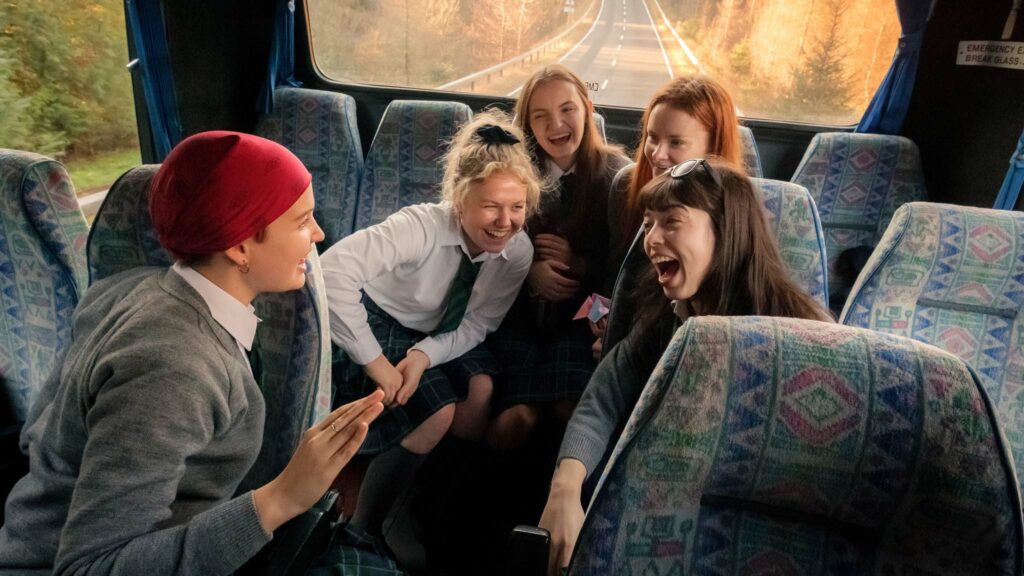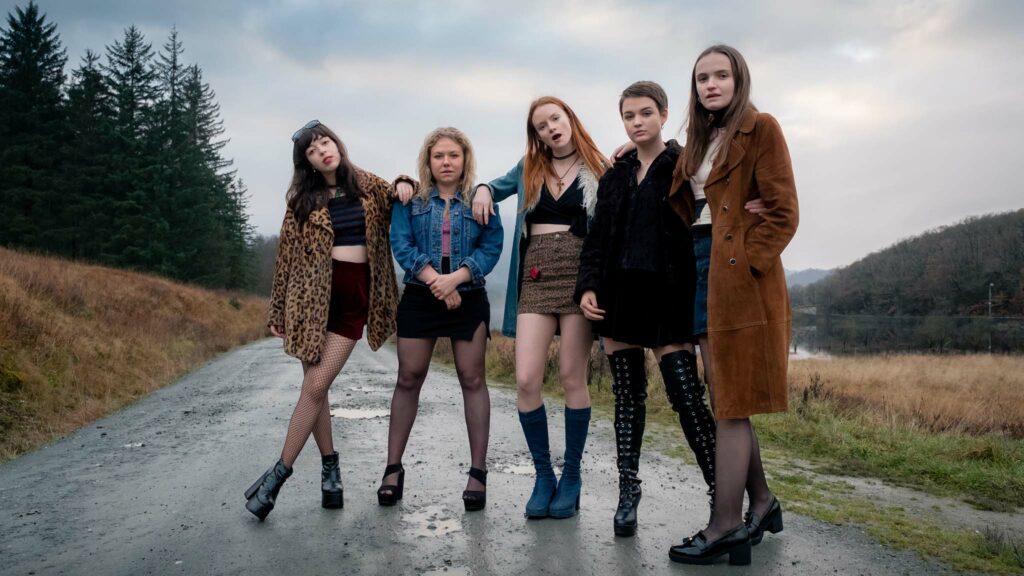Animation
Ainbo: Spirit Of The Amazon (PG)
Review: A misunderstood teenager embarks on a quest to single-handedly save the Amazonian rainforest and halt mankind’s relentless pillaging of Mother Earth in a mystical computer-animated odyssey that nods more than once to Moana, Avatar and The Lion King. Thus, a tribal chief’s daughter faces a strange sickness that threatens her land, the environmentally conscious script’s rallying cry against the depletion of our planet’s resources echoes James Cameron’s box office behemoth and Disney’s comical double-act, meerkat Timon and warthog Pumbaa, are mimicked here by a dry-witted armadillo and portly tapir. The screenwriters’ mining operation also scrapes creative inspiration from The Neverending Story.
A benevolent giant turtle in the second half of Ainbo: Spirit Of The Amazon is distractingly similar to Morla, the ancient being in the Swamps Of Sadness, right down to the character reveal, facial features and raspy vocal performance of Susana Ballesteros. Recycling is certainly on brand with the film’s eco-messaging.
The plot is surprisingly tangled and sinewy, unravelling gradually with one satisfying twist withheld by directors Jose Zelada and Richard Claus until a poignant final act that ramps up the mysticism. Animation boasts pleasing levels of detail and realism, albeit never on a par with the Disney and DreamWorks power plants. Noticeably, the most intricate action sequence is dominated by flat surfaces of hulking metallic machinery in motion.
Thirteen-year-old Ainbo (voiced by Lola Raie) has been raised in Colonia, the deepest jungle of the Amazon, by tribal elder Chuni (Alejandra Gollas). The girl has no firm memories of her mother Lizeni (Yeni Alvarez) and is convinced her parent’s spirit lives in a beautiful tree. Ailing tribal chief Huarinka (Bernardo de Paula) passes leadership to his daughter Zumi (Naomi Serrano), Ainbo’s best friend, in the hope that fresh blood can defeat the forest demon Yakuruna and lift a curse that blights the village. Fierce warrior Atok (Rene Mujica) is convinced that the eponymous orphan is the source of the great malaise.
“Ainbo is the curse!” Atok barks at Zumi shortly after her coronation. He vows to kill Ainbo to restore prosperity. The girl flees, accompanied by two spirit guides, Dillo the armadillo (Dino Andrade) and Vaca the tapir (Joe Hernandez). They shepherd Ainbo on an epic quest to the lair of giant turtle Motelo Mama (Ballesteros) who “carries the weight of the world on her shell”. Meanwhile, botanist Mr DeWitt (Thom Hoffman) bewitches Zumi to learn the location of precious gold deposits on tribal land.
Ainbo: Spirit Of The Amazon promotes empowered and fiercely independent female protagonists, who defy staunch tradition and patriarchal rule to chart their own destinies. The script is a gentle introduction to the vital role young audiences can play in defending the environment without belabouring the point. Positive messaging overrides the lack of a fresh, innovative narrative.
Find Ainbo: Spirit Of The Amazon in the cinemas
Horror
Candyman (15)
Review: In 1992, hook-handed killer Candyman from Clive Barker’s short story The Forbidden went on his first rampage in cinemas. I recall experiencing a shiver of terror when university classmates, who had just seen the film, decided to summon the demonic force by saying his name five times into a mirror. Thankfully, everyone survived to take their exams and final grades weren’t a bloodbath. Almost 30 years later, the eponymous supernatural killer slays another day in a direct sequel to the original film that heavily politicises the carnage and grounds the myth in social injustice and white police brutality towards an innocent black man.
The fingerprints of Jordan Peele, Oscar-winning scribe of Get Out, are indelible on a script also credited to director Nia DaCosta and Win Rosenfeld, which projects action through an aperture of Black Lives Matter and neglects the first rule of horror filmmaking: scare the audience. This Candyman is the least unsettling and gory of the series – earlier chapters were classified certificate 18 on their original release – and heavily telegraphs each visit from the hulking angel of death.
DaCosta repeats a mirror illusion that shows us the antagonist inching closer to his prey and invisibly dispatching them with a generous splash of red. The physical disintegration of lead actor Yahya Abdul-Mateen II using prosthetics provides unintentional hilarity and incredulity when his girlfriend and mother largely ignore the alarming transformation. He plays visual artist Anthony McCoy, who has experienced two creatively barren years since he burst on to the scene with his bold, politically conscious paintings.
Girlfriend Brianna (Teyonah Parris), director at an art gallery run by Clive Privler (Brian King), financially supports them in the heavily gentrified Cabrini Green neighbourhood of Chicago, where the urban legend of Daniel Robitaille (Tony Todd), aka the Candyman, once struck fear into residents’ hearts. It has been a long time since the bogeyman cast a shadow but long-term locals including laundromat owner William Burke (Colman Domingo) still shudder at his mention.
Brianna’s brother Troy (Nathan Stewart-Jarrett) tells a scary story about Candyman after dinner, sowing the seeds of Anthony’s fascination with bloodshed close to home. The artist plunders the legend for a provocative installation, which invites visitors to perform the summoning into a mirrored cabinet. Death manifests in Cabrini Green and Anthony’s sanity fractures.
Candyman opens with a sweet blast of Sammy Davis Jr and ends with a glut of bland digital effects. Flashbacks recounted as shadow puppetry by Chicago-based Manual Cinema are an imaginative creative flourish that put the earnest live action in the shade. Nameless supporting characters provide plentiful fodder for the title character’s hook but give us little to no reason to care about their grisly demise.
Find Candyman in the cinemas
Comedy
Our Ladies (15)
Review: In one of the era-perfect songs that accompany director Michael Caton-Jones’ raucous rites-of-passage comedy, Edinburgh-born singer-songwriter Edwyn Collins repeatedly croons, “I’ve never known a girl like you before”. We seldom meet girls like the brazen, potty-mouthed and authority-flouting lead characters in Our Ladies, a film version of Alan Warner’s award-winning 1998 novel The Sopranos, which was previously adapted for the stage by Lee Hall as Our Ladies Of Perpetual Succour. Set in 1996 (“before social media and mobile phones changed everything”), Caton-Jones’ picture witnesses the emotional devastation wrought by Catholic schoolgirls as they unapologetically cross the rubicon to womanhood and interrogate their sexual identities with vigour.
The girls’ willingness to trade on their nascent sexuality strikes a discomfiting chord in the MeToo era (lest we forget, they are minors) but the script co-written by Caton-Jones and Alan Sharp makes abundantly clear they are in control of their actions. A cast of relative unknowns led by Tallulah Greive as teenage narrator Orla embody the titular sisters of no mercy with vim and aching vulnerability, solidifying their winning screen chemistry with an end credits sing-along to Scottish rock band Big Country in a behind-the-scenes style reminiscent of Bend It Like Beckham.
“It was springtime and we had one thing on our minds: boys,” coos hormone-crazed schoolgirl Orla (Greive) in voiceover. She is in recovery from acute lymphoblastic leukaemia after a “miracle” visit to Lourdes and yearns to savour her teenage years in Fort William. “Unlike your mother, I don’t want to be a virgin all my life,” she cheekily quips to a likeness of Jesus on her bedroom wall. Orla joins salty-mouthed classmates Chell (Rona Morison), Finnoula (Abigail Lawrie), Kylah (Marli Siu) and Manda (Sally Messham) at all-girls Catholic high school Our Lady Of Perpetual Succour ahead of an outing to Edinburgh for a choir competition.
Sister Condron (Kate Dickie) is determined to protect he wards’ virtues, assisted by head girl Kay (Eve Austin). In the Scottish capital, Chell, Finnoula, Kylah, Manda and Orla down £2 shots of sambuca, flirt outrageously with Edinburgh lads and test the bonds of sisterly solidarity, occasionally blinkered to the consequences of their actions.
Almost two years on from its world premiere at the 2019 London Film Festival, Our Ladies still fizzes with energy. Full frontal male nudity is played for laughs and sex scenes are artfully and sensitively staged including a spot of al fresco experimentation that one lass amusingly refers to as “the bondage”. Dickie’s wimpled supporting performance answers prayers for sobriety and offers a note of caution to counterbalance the youthful exuberance, unleashed on location in Edinburgh and the Scottish Highlands, which refuses to be tamed, rather like the characters.
Find Our Ladies in the cinemas









